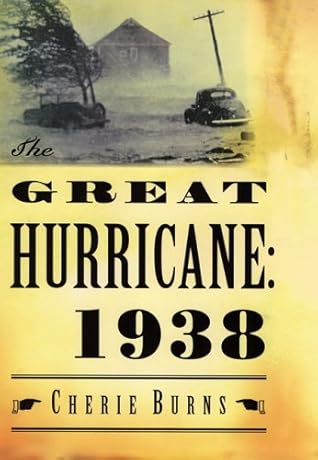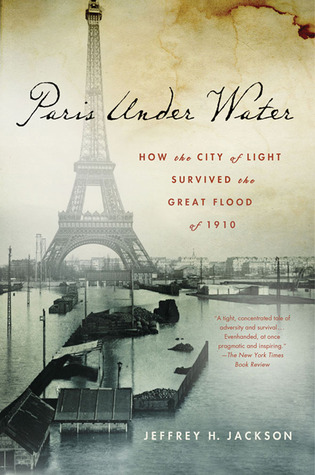(And 170th birthday of Melvil Dewey, the cataloging systems originator!)
Oh, Dewey Decimal System, how would we find books without you? After nearly a hundred and fifty years of use (and a significant number of expansions and updates) you are still helping us find the right spot to place and find books on our shelves. Yes, even after all this time and the fact that parts of you are still horribly dated and skewed towards a less modern and inclusive world-view, you are still a helpful tool that has assisted librarians and readers for generations.
While many public libraries have gone to a more bookstore like setup for their fiction titles, with different genres getting their own section to better aid browsing, most still organize their non-fiction collections using the familiar system. Familiar not just because many of us were taught the basics of the Dewey Decimal System way-back-when in our elementary school libraries, but also because it is the most popular library classification system in the world. Books are arranged by Dewey number in 135 countries across the globe.
Can you imagine trying to find a book without a call number to search for? I shudder to think of it.
For the library patrons and the curious here is a quick summary of the Dewey subject headings and where to find them on your next visit:
Class 000 – Computer science, Information and General Works
000 Computer science, knowledge and systems
010 Bibliographies
020 Library and information sciences
030 Encyclopedias and books of facts
060 Associations, organizations and museums
070 News media, journalism and publishing
080 Quotations
090 Manuscripts and rare books
Class 100 – Philosophy and Psychology
100 Philosophy and psychology
110 Metaphysics
120 Epistemology
130 Parapsychology and occultism
140 Philosophical schools of thought
150 Psychology
160 Philosophical logic
170 Ethics
180 Ancient, medieval, and Eastern philosophy
190 Modern Western philosophy (19th-century, 20th-century)
Class 200 – Religion
200 Religion
210 Philosophy and theory of religion
210 Philosophy and theory of religion
220 The Bible
230 Christianity
240 Christian practice and observance
250 Christian orders and local church
260 Social and ecclesiastical theology
270 History of Christianity
280 Christian denominations
290 Other religions
Class 300 – Social Sciences
300 Social sciences, sociology and anthropolgy
310 Statistics
320 Political science
330 Economics
340 Law
350 Public administration and military science
360 Social problems and social services
370 Education
380 Commerce, communications and transportation
390 Customs, etiquette and folklore
Class 400 – Language
400 Language
410 Linguistics
420 English and Old English languages
430 German and related languages
440 French and related languages
450 Italian, Romanian and related languages
460 Spanish, Portuguese, Galician
470 Latin and Italic languages
480 Classical and modern Greek languages
490 Other languages
Class 500 – Science
500 Natural sciences and mathematics
510 Mathematics
520 Astronomy
530 Physics
540 Chemistry
550 Earth sciences and geology
560 Fossils and prehistoric life
570 Biology
580 Plants
590 Animals (Zoology)
Class 600 – Technology
600 Technology (Applied sciences)
610 Medicine and health
620 Engineering
630 Agriculture
640 Home and family management
650 Management and public relations
660 Chemical engineering
670 Manufacturing
680 Manufacture for specific uses
690 Construction of buildings
Class 700 – Arts and Recreation
700 The Arts
710 Area planning and landscape architecture
710 Area planning and landscape architecture
720 Architecture
730 Sculpture, ceramics and metalwork
740 Graphic arts and decorative arts
750 Painting
760 Printmaking and prints
770 Photography, computer art, film, video
780 Music
790 Outline of sports, games and entertainment
Class 800 – Literature
800 Literature, rhetoric and criticism
810 American literature in English
820 English and Old English literatures
830 German and related literatures
840 French and related literatures
850 Italian, Romanian and related literatures
860 Spanish, Portuguese, Galician literatures
870 Latin and Italic literatures
880 Classical and modern Greek literatures
890 Other literatures
Class 900 – History and Geography
900 History, geography, and auxiliary disciplines
910 Geography and travel
920 Biography and genealogy
930 History of ancient world (to c. 499)
940 History of Europe
950 History of Asia
960 History of Africa
970 History of North America
980 History of South America
990 History of other areas



















































































































